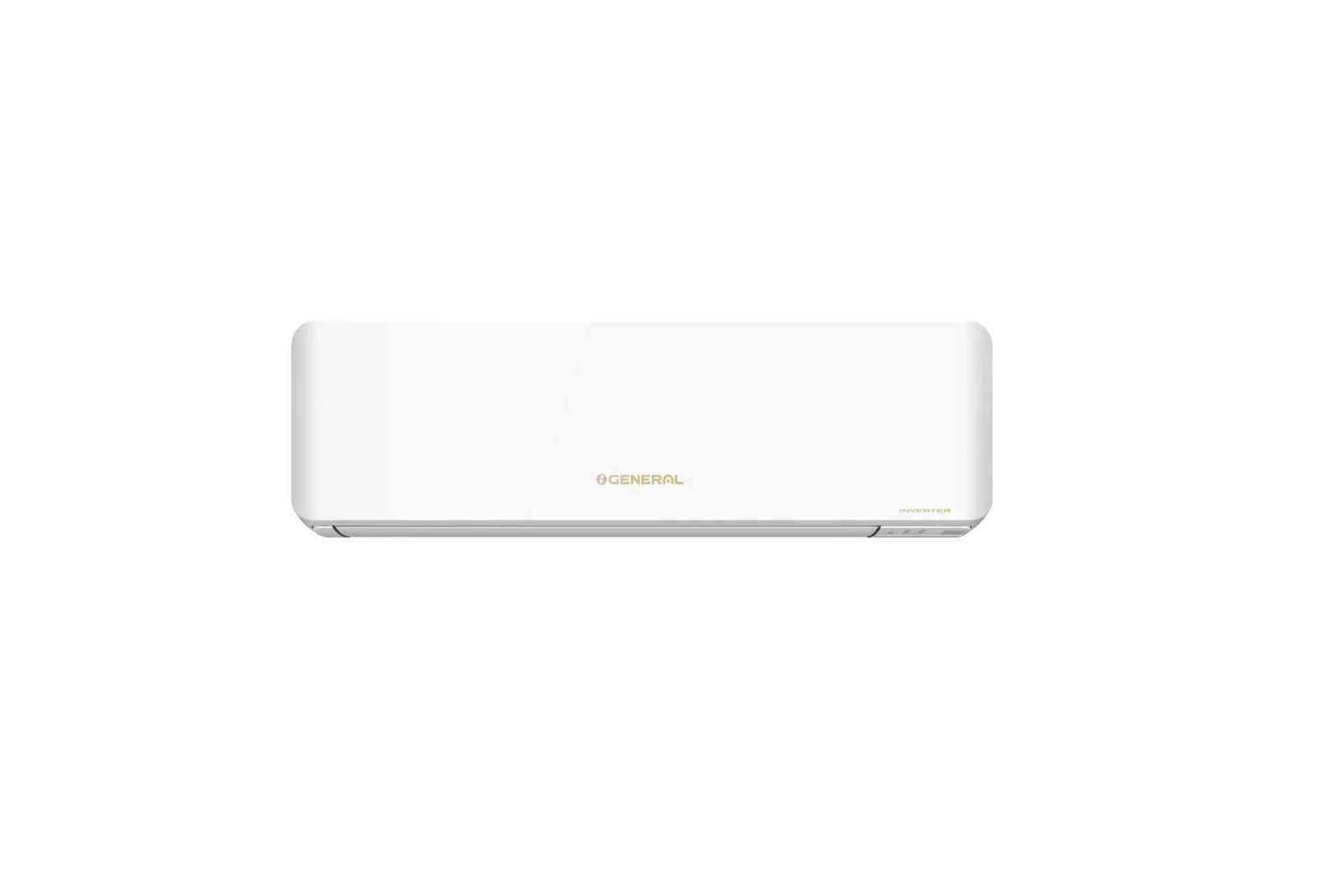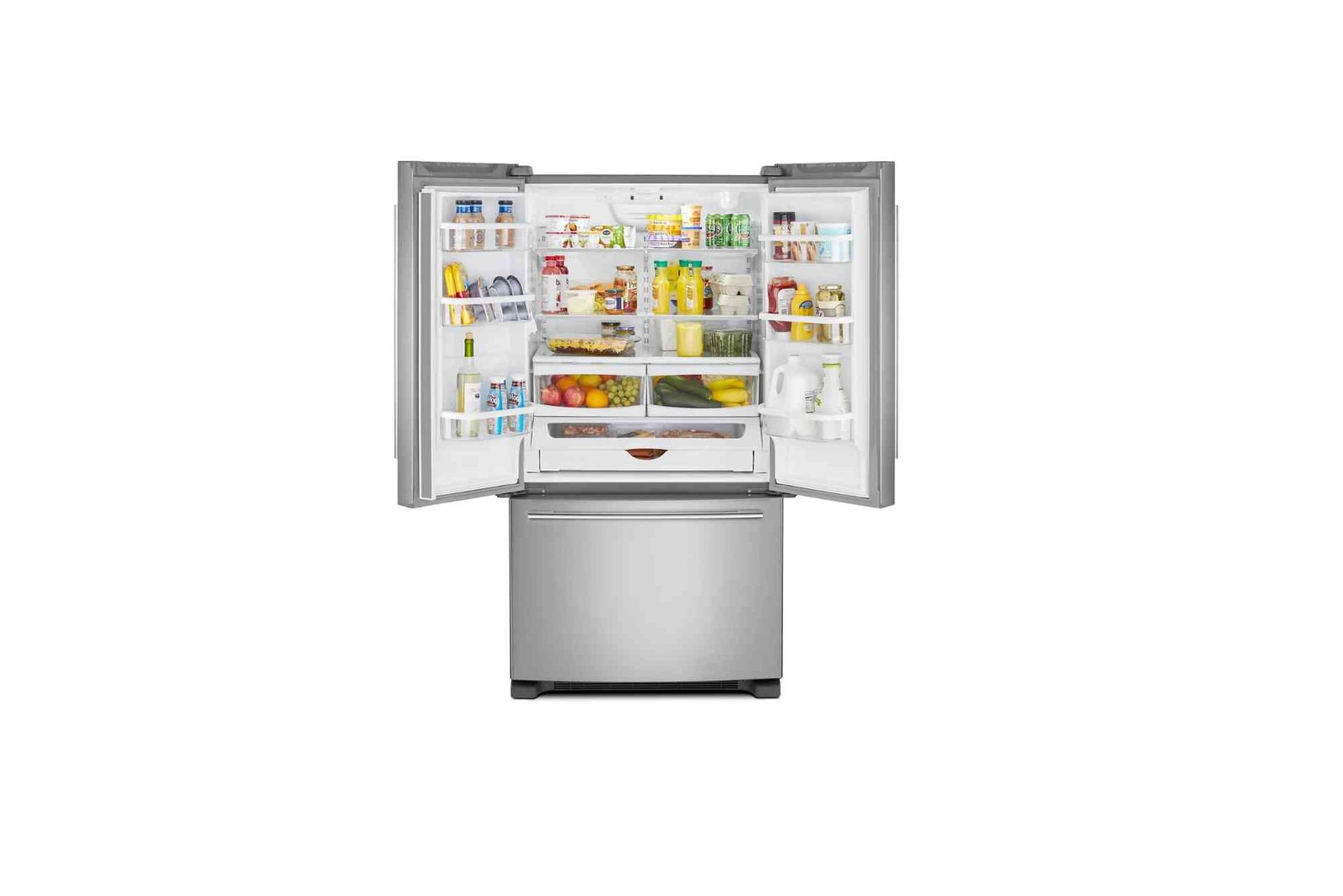We often assume everything is fine if we feel okay. But many chronic conditions start quietly. High blood pressure, elevated cholesterol or early-stage diabetes usually don’t show signs. These silent threats continue damaging organs before symptoms appear. A simple check-up helps uncover problems early while they’re still manageable. Routine blood tests and physician evaluations are designed to spot early signals. Without regular screening, we often discover issues only after complications begin. A check-up helps us take control before problems grow. It’s a chance to act, not react.
Getting checked regularly lowers your long-term healthcare burden
Preventive healthcare is about more than early diagnosis. It’s about avoiding expensive interventions down the line. When conditions are detected early, treatments are typically easier, less invasive and more effective. Without a check-up, we often end up treating a disease instead of preventing it. Chronic issues, once developed, require ongoing care and medication. Regular check-ups reduce that risk. A timely diagnosis can prevent years of discomfort, medical expenses and lifestyle limitations. Investing in prevention means fewer surprises and better quality of life. That’s what makes regular check-ups so powerful.
Check-ups help create a personalized health baseline
Each body is different. Some people naturally have lower blood pressure or faster metabolism. Regular health check-ups help create a personal baseline. This baseline allows doctors to track trends over time. If a small change appears, they can compare it with past results. That makes it easier to catch subtle health shifts early. For instance, rising blood sugar over time might show prediabetes long before it becomes serious. It’s not about one result. It’s about how your health evolves. Consistency gives your care team the full picture they need.
Lifestyle-related conditions are rising and check-ups help protect us
Modern routines often include less movement, more stress and irregular meals. Over time, these habits contribute to conditions like fatty liver, metabolic syndrome and even joint pain. These illnesses develop slowly. We may not feel any discomfort until damage builds up. That’s why regular screenings matter. A check-up monitors critical areas like blood pressure, liver enzymes, and vitamin levels. These metrics show how lifestyle affects our health. Early detection gives us time to adjust and avoid long-term damage. It’s a reality check that keeps us grounded and proactive.
Routine screenings also support mental and emotional well-being
Our mental and physical health are deeply connected. Hormonal issues, nutritional deficiencies or chronic fatigue can impact our mood. Often, people feel down or anxious without knowing why. A full check-up can reveal medical reasons behind these symptoms. For example, low B12 or thyroid imbalances can mimic depression. When doctors evaluate both mind and body, the treatment becomes more complete. Emotional wellness isn’t always about therapy. Sometimes, it’s about restoring balance within the body. Regular health checks help make that connection possible and visible.
Annual check-ups help us manage aging with confidence
Aging brings physical changes, but we don’t need to be passive about them. Regular check-ups help us adapt to those changes thoughtfully. Hormone levels, bone density, skin health and joint function all evolve over time. Without monitoring, age-related issues often go unnoticed until they become painful or irreversible. A check-up turns that around. It helps us prepare, not just endure. We understand what’s happening and how to respond. That clarity replaces fear with knowledge. Aging becomes a journey we manage, not a surprise we face blindly.
Check-ups prepare us for unexpected medical emergencies
No one plans to visit an emergency room. But when it happens, updated health data makes a difference. Knowing your blood type, allergy history, and medications helps medical teams act faster. A recent ECG or blood panel saves valuable time in a crisis. That’s why a check-up acts like an emergency backup file. Even if we never use it, it’s there when we need it most. Emergency care becomes safer, smoother and more effective when doctors already know our baseline health.
Health insurance providers increasingly support regular screenings
More insurance policies now include check-ups in their coverage. Some even encourage them through annual reminders. Others offer better terms to members who undergo screenings. These shifts reflect a larger trend in healthcare: proactive care over reactive care. Insurers know that prevention saves money and lives. By getting checked regularly, we stay healthier and reduce future claims. Everyone benefits. And when insurers align with medical best practices, it strengthens the case for making check-ups a lifelong habit.
Check-ups often include screenings for serious but treatable conditions
Cancers detected early are often highly treatable. Regular check-ups usually include age-appropriate cancer screenings. Tests like mammograms, colonoscopies or prostate exams can detect problems before symptoms appear. These tests save lives when included in a routine screening plan. Waiting for symptoms often means the condition has already progressed. But early detection turns a crisis into a manageable issue. That’s the difference a check-up makes. It’s not just routine—it’s critical.
Childhood check-ups build lifelong health habits
Health awareness starts in childhood. Pediatric check-ups guide growth, track development and introduce kids to medical care. These early appointments create familiarity with doctors, tests and health talk. When kids grow up with that exposure, they carry those habits forward. They’re more likely to seek regular care as adults. This early foundation leads to better outcomes later in life. Good habits formed early stick. And a child who learns to value health becomes an adult who protects it.
Even healthy individuals find value in annual check-ups
Feeling fine doesn’t always mean we are fine. Some conditions progress quietly until they become severe. A check-up helps confirm that our body is truly working as it should. It also gives us the opportunity to ask questions and fine-tune our lifestyle. Even the healthiest routines benefit from expert insight. Minor tweaks in diet, sleep or posture can improve long-term health. A check-up isn’t just for the sick. It’s a tool for staying well.
Screenings change depending on your age and medical history
Health needs shift with time. A person in their 20s needs different tests than someone in their 50s. As we age, risk factors grow and change. That means check-ups must adjust too. Medical teams personalize tests based on age, lifestyle and medical history. This flexibility ensures we get the right care at the right time. One size never fits all in medicine. The check-up evolves with us, becoming more relevant every year.
Technology makes check-ups smarter and more complete
Modern health checks use both clinical and digital tools. Wearables and apps track activity, heart rate, and sleep patterns. These tools give doctors extra insight beyond bloodwork. At some clinics, doctors even review your smart device data during consultations. This merging of personal and clinical information sharpens diagnosis and improves treatment. When your lifestyle data joins your lab results, doctors get the full story. That means better advice, fewer assumptions and more confidence in every step.
Liv Hospital Dubai provides internationally recognized check-up services
For those seeking high standards in preventive care, Liv Hospital Dubai stands out as the best hospital in Dubai. Their checkup Dubai services combine advanced diagnostics with personalized care. Patients receive full evaluations across internal medicine, cardiology, endocrinology and more. Each program is built to fit age, gender and lifestyle. The hospital also supports seamless coordination, multilingual staff and digital access to results. That blend of precision and ease makes routine care feel less clinical and more empowering. Liv Hospital Dubai turns a check-up into a step toward long-term wellness.
Frequent check-ups build stronger doctor-patient relationships
Familiarity with your doctor improves care. When you visit regularly, your doctor learns your history and goals. You also feel more comfortable sharing concerns. That trust makes conversations easier and decisions more accurate. Over time, your physician becomes a partner, not just a provider. Medical advice becomes more tailored. And anxiety around healthcare starts to fade. A strong relationship begins with consistent care, and check-ups lay the foundation.
Health attitudes are changing and regular check-ups are now embraced
People used to visit the doctor only when something felt wrong. That mindset is fading. As awareness grows, more people are choosing prevention over reaction. Health literacy is rising. People now share their stories, test experiences and health milestones more openly. These cultural shifts make check-ups normal, even expected. Health is no longer something we fix. It’s something we manage. And that change is reshaping everyday habits, starting with the routine check-up.
Hereditary risks become easier to detect through check-ups
Some medical risks pass through generations. Heart conditions, cancers and metabolic disorders often run in families. Regular health checks help identify these patterns. Doctors may recommend genetic testing based on family history or current results. This level of care goes beyond symptoms. It examines our biological roadmap for future risks. Knowing what might lie ahead helps us prepare early. It’s not about fear. It’s about readiness. And check-ups offer the first clue when something hidden needs attention.
Physical examinations still matter, even in a digital world
Technology has transformed healthcare, but hands-on exams still play a vital role. A trained doctor can spot issues through simple touch and observation. Breathing sounds, joint movement, and skin tone all provide important clues. These signs are hard to detect through machines alone. That’s why physical exams remain part of every check-up. They make care more human. And sometimes, a simple observation tells us more than a complex test.
Check-up access is growing with flexible scheduling and more options
Today, health check-ups are easier to schedule than ever. Clinics now offer online appointments, extended hours and quick packages. Some even operate within workplaces or community centers. These options reduce the barriers that once delayed check-ups. When scheduling is easier, more people show up. And regular care becomes a habit, not a chore. Convenience strengthens commitment. That’s how prevention becomes part of daily life.









